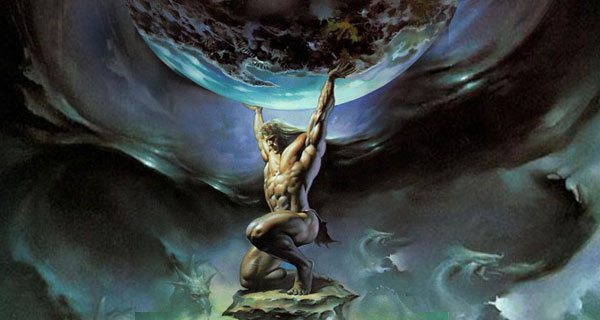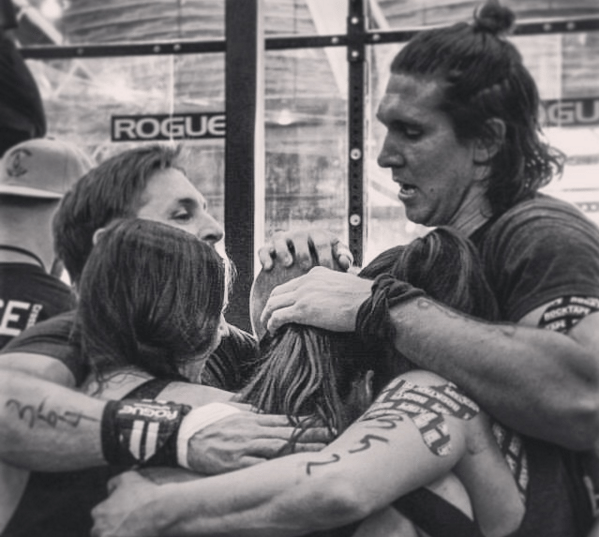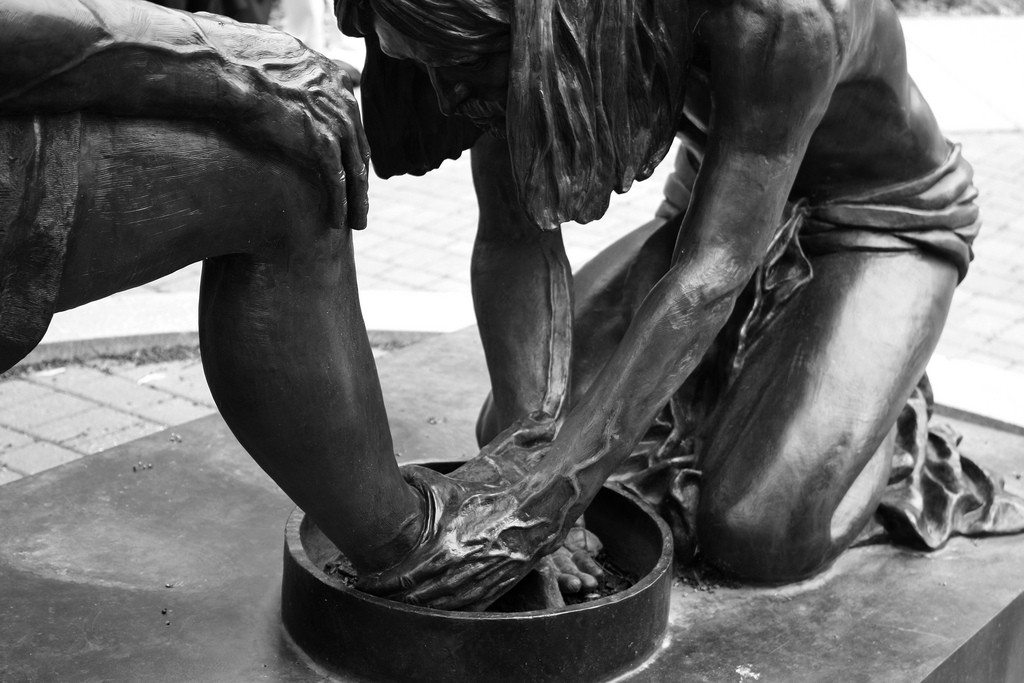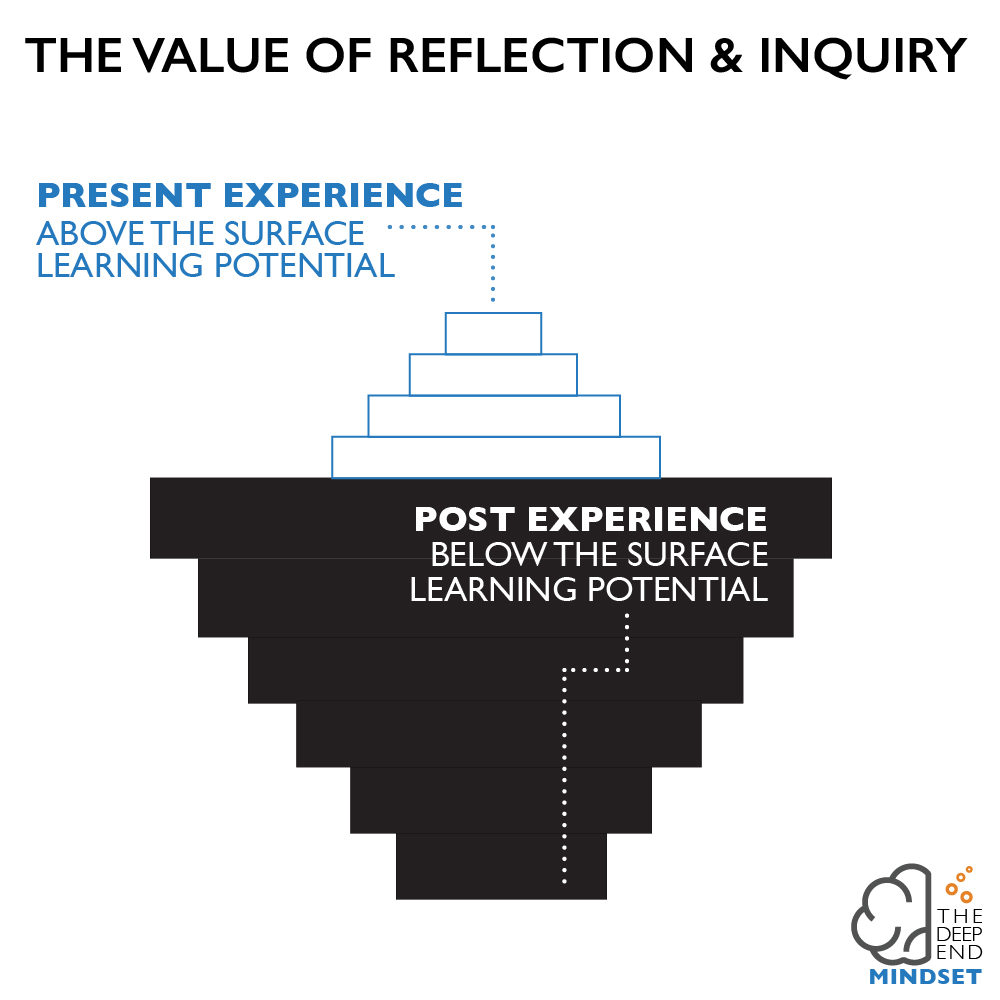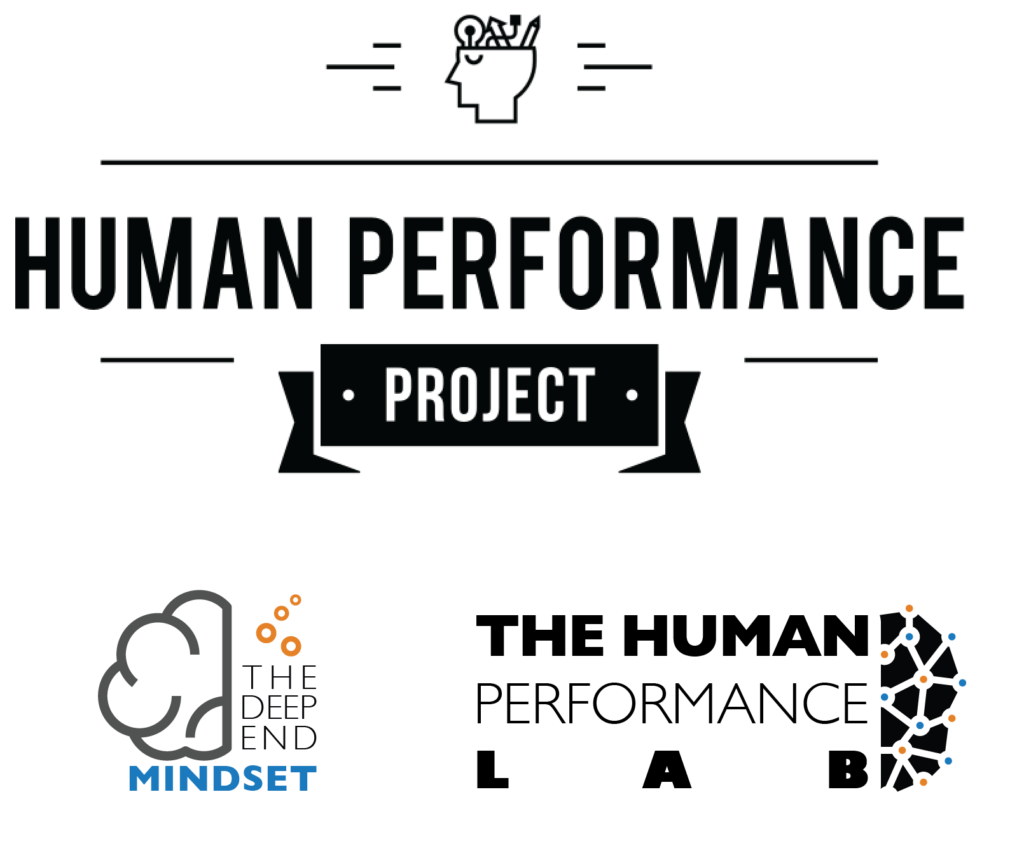The world on my shoulders
In grade 11 my life revolved around basketball. Chasing a Division 1 scholarship, working towards the Canadian National Team, and desperately trying to be the young leader that would guide our high school team to a Championship.
I worked myself ragged, spending countless hours alone in the gym working on my game. I believed the team was relying on me to carry them, I needed to be better.
This worked for a while… And then I got sick. I got really sick.
For the second time in 5 years I had worked myself to the point of contracting mononucleosis and was bedridden for over a month mid-season. I strived to make a valiant recovery but needless to say we didn’t win the championship.
I remember thinking to myself on one of those days lying in bed, 15 pounds weaker and feeling barely alive –
There must be another way to lead this journey, to be successful, to accomplish greatness.
I had my grade 12 year to figure it out.
The individualist fallacy
We are inherently selfish as human beings. That’s right. You, me, everyone around you – it’s part of our fight or flight DNA, our survival instinct which trumps everything else.
This by nature, makes us all prone to specializing as individualists.
In grade 11 it was simple. I saw the vision and the mountain we needed to climb to win a Championship, I looked around and decided I was the person who would get us there (selfishly) and so I attempted to throw everyone else on my back and start climbing.
The individualists leadership mask
Sure in those early weeks of the season I did my “leadership” duties to socialize the vision, make other teammates write it down, say it out loud, on and on. If you had looked at me then you may have said “Tyrell is an influential leader guiding his team towards the Championship”.
This wasn’t the case at all.
My real intention wasn’t focused on the team, it was on myself. I didn’t trust that those around me could have the same impact, let alone more, than I could on my own. Over time the energy that was absently being invested in my teammates slowly shifted to my individualist efforts.
I have seen this leadership arc take place is every single walk of life from the boardroom to individual pursuits. At what seems like a 100:1 ratio to the influential leader.
Influential leadership
To deepen the individualist trap is the fact that the “differentiator” possessed by the influential is so small and seemingly insignificant it is easily overlooked. Many times never even seen.
Selflessness.
The word itself is so easy to simply pass by.
But from this simple adaptation of mindset grows the enablement of everything that the influential leader stands for.
At the very core of these selfless leaders is a simple understanding:
The value of an intrinsically inspired and motivated group is exponentially greater than we can ever be as individuals.
It is not a competition between this and the individualists mindset. it’s a completely different game.
Instead of investing in themselves first, they take careful time and energy observing who is surrounding them in their tribe. They ask themselves “how can I selflessly get down and serve this group to inspire and empower others”?
They begin making every effort to do this.
This influential leader will serve others before him or herself at a direct detriment to their glory, credit, and pride.
They will serve others at the cost of being invisible and silent to the audience.
They will serve others because ultimately they know by unlocking the true potential and greatness in their team, the whole will succeed and surpass all of the talented individualist climbing alone.
They will serve because they acknowledge the net impact on the world is greater when you build others up at the expense of oneself.
And yet they will understand that this expense is actually the greatest reward in life.
Building a tribe to carry to the world
By the time the next season rolled around I had committed to taking a different approach. I still prided myself in leading by action and working hard, but this came secondary to truly understanding our team.
The year was about us, not any individual. And every action, discussion, and experience reflected this.
By every single “individualist” measure on paper I had a terrible season compared to the previous year. But I couldn’t have been happier or more proud.
We won the Championship.
I have decades of learning still to do when it comes to leadership and building high performance teams. But through experiences like this I have learned that it is the leader who puts himself last that facilitates the greatest impact and momentum in the world.
What kind of leader are you?
Subscribe for a monthly dose of inspiration… Similar to what you just read above!

